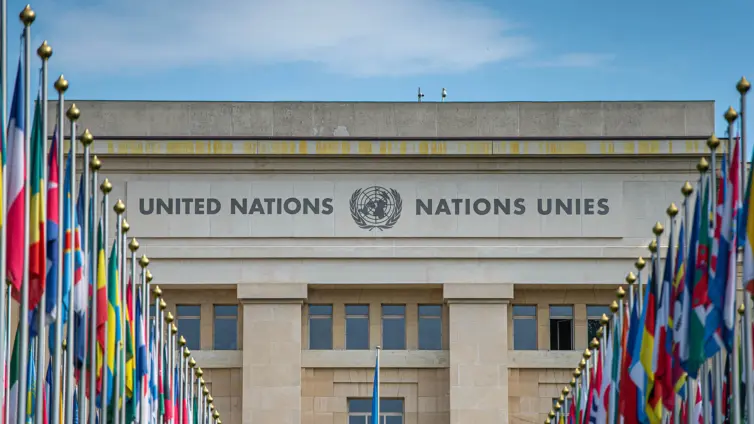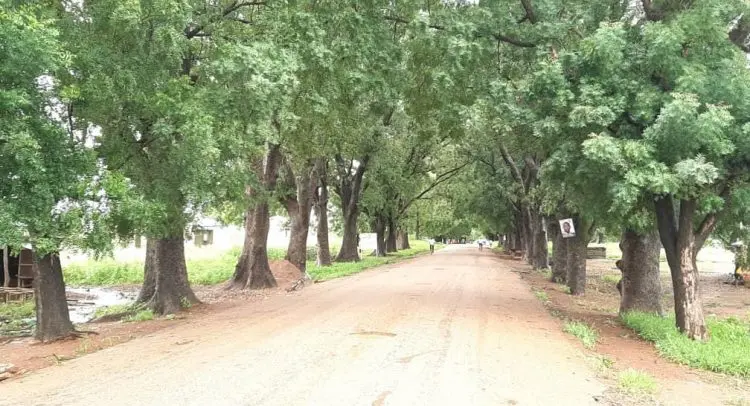The European Union (EU) market, a coveted destination for timber exporters, is now subject to a critical new requirement. As of June 30th, timber and wood industry players seeking access to this market must possess a Forestry Law Enforcement Governance and Trade (FLEGT) license. The Forestry Commission, under the leadership of CEO Dr. Hugh C. A. Brown, is emphasizing the urgency of this mandate. For those in the timber and wood products sector, understanding and obtaining this license is no longer optional—it’s the price of entry. Without a FLEGT license, businesses will be effectively locked out of the EU. This article will break down what the FLEGT license entails, how to secure it, and the broader implications for Ghana’s timber trade with the EU. For domestic operators, compliance also means securing a Domestic Timber Inspection Certificate (DOTIC) license. This article will serve as a guide to navigate these changes and maintain your competitive edge.
The FLEGT license is rooted in a voluntary partnership agreement established in 2009 between Ghana and the EU. Its core purpose, according to Dr. Hugh C.A. Brown, CEO of the Forestry Commission, is unequivocal: “The FLEGT agreement was to ensure that timber and wood products exported to the EU from Ghana were legal. The only way to ensure compliance was through the issuance of the FLEGT license.” This underscores that the license is not merely a bureaucratic hurdle, but a guarantee of legality. The significance of this cannot be overstated. Without a FLEGT license, market access to the EU will be denied. Parallel to this, domestic timber operations must also secure a DOTIC license, ensuring compliance within Ghana’s own borders.
Obtaining a FLEGT license requires a multi-step process. First, industry players must rigorously verify the legal origin of their timber. Second, strict adherence to all laws and regulations governing timber harvesting is paramount. This includes following guidelines for timber transportation, milling, and both domestic and international trading and exportation. As Dr. Richard Gyimah, Acting Executive Director, Timber Industry Development Division, emphasized, “The laws and regulations that guide timber harvesting would be followed strictly under FLEGT.” To navigate this, businesses should meticulously document their timber sourcing process, thoroughly review all relevant FLEGT-related regulations, and be prepared to demonstrate full compliance during the licensing process.
The benefits of FLEGT compliance extend far beyond simply maintaining access to the EU market. It plays a crucial role in curtailing illegal logging, ensuring that resource owners receive their fair share of the profits. It also helps to reduce deforestation by controlling illegal logging activities. Furthermore, with all harvested wood subject to FLEGT guidelines, there is a corresponding increase in revenue collection for the government. Dr. Brown envisions that “the smooth rollout of the FLEGT guidelines would ensure that illegal logging was curtailed…deforestation would also be reduced to the minimum…there would be increase in revenue collection.” The positive impact is clear: improved sustainability, increased revenue, and fairer practices across the board.
While the Ghana Timber Association, led by President Mr. Alexander Kingfred Dadzie, has acknowledged awareness and acceptance of FLEGT licensing, there are still challenges to address. Concerns have been raised about the absence of certain committees and communication issues during implementation. Resolving these challenges requires transparent communication and close collaboration between the Forestry Commission and industry players. The industry has expressed its commitment to working alongside the Forestry Commission to resolve any outstanding issues and ensure a smoother implementation process.
The FLEGT license is now the key to unlocking the EU market for timber exporters. Non-compliance is not an option. Industry players must understand the requirements, take proactive steps to comply, and address challenges through collaboration to ensure a smooth transition and capitalize on the benefits of FLEGT. Staying informed, particularly through updates from the Forestry Commission, is essential for maintaining access to the EU market and contributing to a more sustainable timber industry. Prioritizing FLEGT compliance will ensure your business remains competitive, while joining industry associations and participating in workshops will help you stay ahead of evolving regulations.
Image Source: GHANAIANTIMES



















